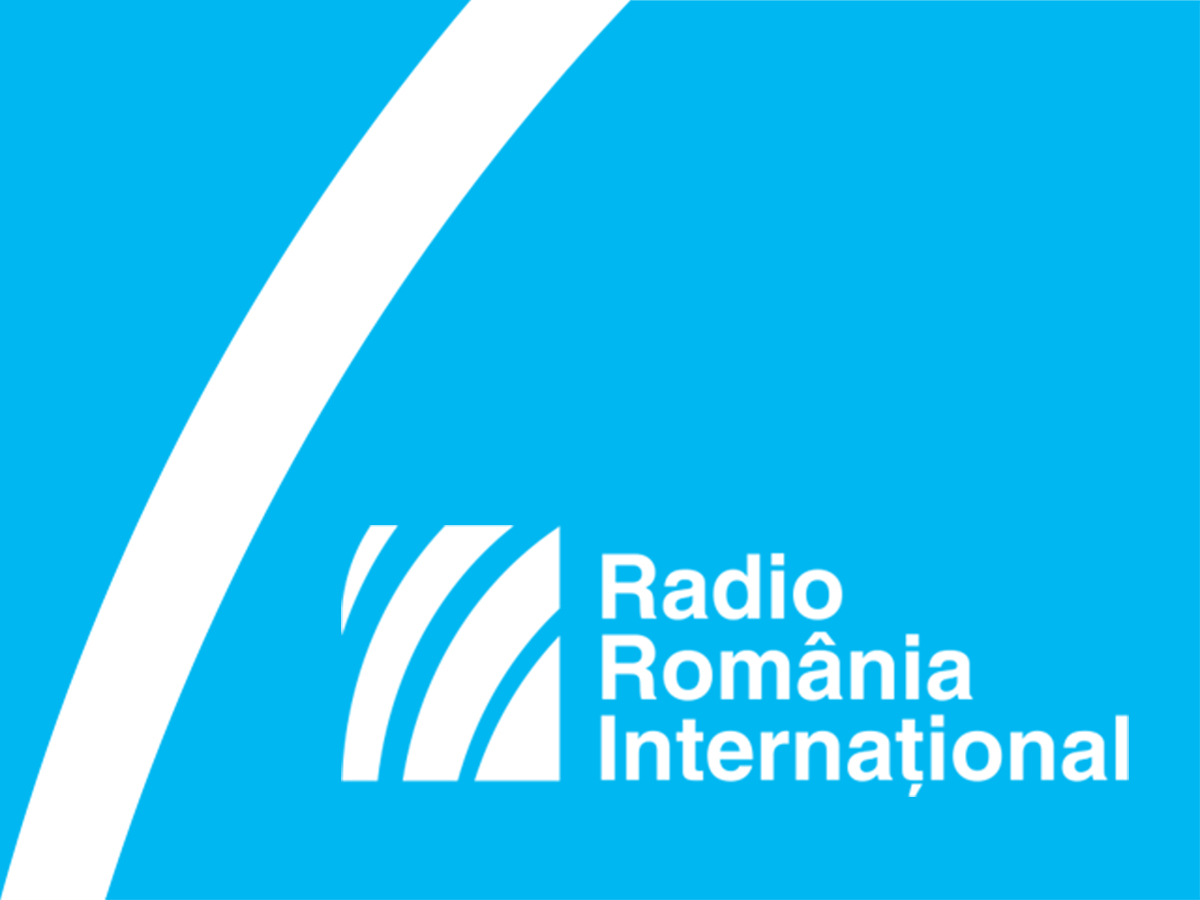Historian David Prodan
Romania had a string of top-notch historians in the 20th century

Steliu Lambru, 08.01.2024, 14:00
Romania had a string of top-notch historians in the 20th century. Academician David Prodan is among them. As a man and as a historian, when still alive, Prodan witnessed the great events of his century. We can even say he was fortunate enough to have been an eyewitness to such events, assessing them with the acumen of a historian. Academician David Prodan witnessed the seminal changes in Romanian history, in 1918, 1945 and 1989.
Historian David Prodan was born in southern Transylvanias Alba County, in 1902. He died in Cluj, at the age of 90, in 1992. He was the elder child of a peasant family. He attended high-school at the Kocsárd Kún Hungarian-language college in Orăștie. David Prodan read history at Cluj University. He developed a keen interest in social history, mainly for the history of Romanian peasant class, a majority population in Transylvania before 1918. David Prodan defended his doctoral dissertation in 1938. His research topic was Horeas uprising, a large-scale protest movement of the peasant class that flared up over 1784 and 1785. Historian David Prodan further expanded his doctoral research work, turning it into a two-volume book,1,370 pages long. The historian was fluent in Hungarian and Latin, the languages of Transylvanias medieval and modern history documents. Academician David Prodan became an authority in his field of research.
In 1991, at the age of 89, academician David Prodan gave an interview that was later stored in the archives of Radio Romanias Oral History Centre. Specifically, the historian spoke about the topic of his bulky doctoral dissertation, stating the topic could be rewritten, again and again.
“The history of Horeas uprising is a historical topic, always open, inexhaustible, this stuff is tremendous, and no one can venture so far as to say they encompassed everything, that they reached the end of it. There is a Horea Uprising of the 19th century by Densusianu, there is an uprising of Horea of the 20th century, which is mine, and tomorrow were sure to have another uprising of Horea at the level of tomorrow and at the standards of tomorrows research. It is something tremendous, there are tens of volumes, and theres the documentation. No one can say they exhausted this research topic. “
Through his entire existence and through everything he wrote, academician David Prodan was deeply tied to Transylvania. In 1991, at the age of 89, academician David Prodan gave an interview that was later stored in the archives of Radio Romanias Oral History Center. Here is how he answered to the interviewer, when the latter asked him to define himself.
“I am a Transylvanian and a peasant, and thats pretty much it. I am a man of my birthplace, what else can I say? And the son of this people, the Romanian people, which incidentally is not Transylvanian alone. Transylvania is the root of the Romanian people. It is from here that the entire founding began, in all directions, in Wallachia, in Moldavia, it is from here that the Dacian-Romanian-ness started from. It is something that cannot be denied. Transylvania is the key. Transylvania opened the doors of Romaniannes to us, Trajan’s bridge is next to it, the Danube is next to it, practically all of them are related to the history of our people, regardless of whether we are from here or beyond. We are Eastern Romans, which is not something that happened yesterday.
The attention paid to social history gave him an advantage in his career after the establishment of the communist political regime after 1945. Prodan became a university professor in 1948, head of the department of the Institute of Archeology in Cluj, and in 1955 the Academy of the Romanian People’s Republic welcomed him into its ranks. He continued to write about the social condition of the Romanian serfs in Transylvania, about the political rights of the Romanian nation in Transylvania, about important names in the history of Romanians in Transylvania. Although a sympathizer of leftist ideas, of socialism and communism, Prodan somehow managed to keep a distance from the militant, abusive history practiced by some overzealous historians of the party. Any nation justifies its existence by appealing to the past and through history, but the abuse of history in those years was also felt by Prodan.
History has not yet been defined by anyone. History defines itself, she tells you, ask her, don’t ask the historian, because the historian only knows what he knows. That’s all the historian is. History stands by itself. The historian can do what any man can do: collect the material, swear that this is the truth when no one can find out the historical truth, that this is the humanly possible truth to find out, and that’s it. But what the historian can do is not the truth.
Prodan was a passionate historian, but the profession was not his only passion. Like any intellectual, he was open to the arts in general, and music was one of them.
Music was, I would say, compared to history, which was an intellectual profession, a psychic profession. Music is of a different nature, it penetrates into other areas of the human soul. I was very passionate about classical music, art, painting. Our generation wanted us not only to be specialists, but to be as good as possible at everything, to have a complete life that is combined. Our God was Bach, an ideology of all kinds.
David Prodan was the historian who wrote the most consistent texts of the social history of the Romanian nation in Transylvania up to the year 1800. Although he is less known to the public, the importance of his work is the opposite of the notoriety he enjoys.





























